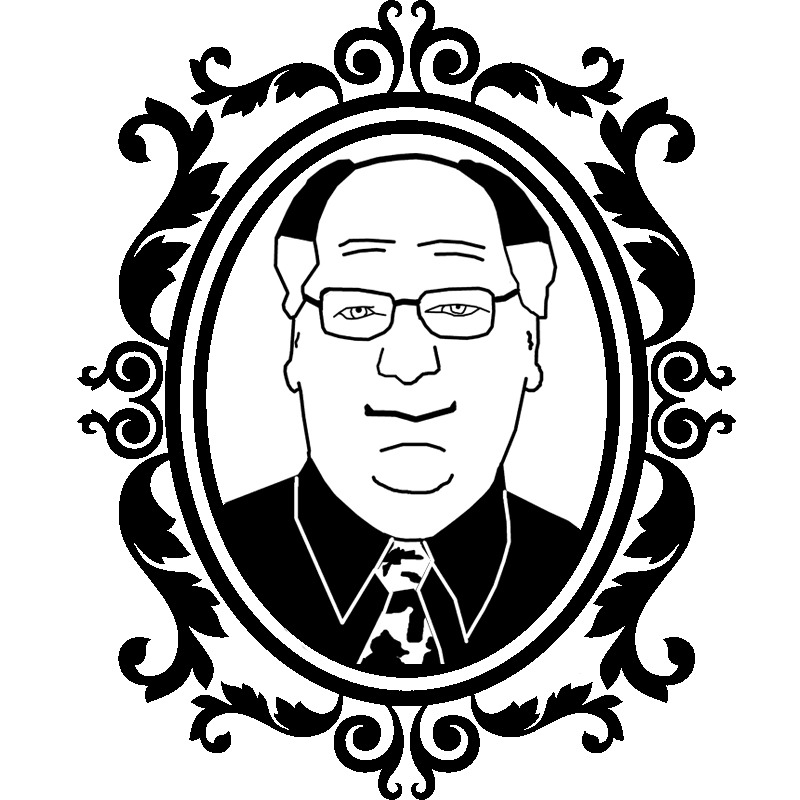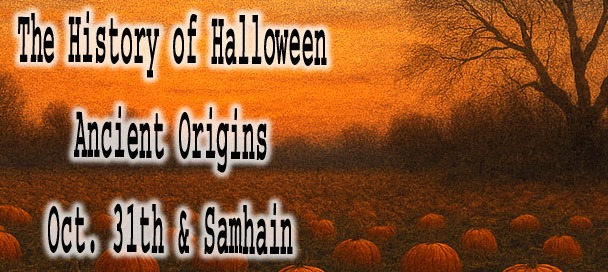🎶 The Trailblazing Voice of Johnny Rodriguez

Johnny Rodriguez performing in the 1970s
In the early 1970s, when traditional country music was colliding with pop crossover hits, a young voice burst onto the scene with a blend of charm, heartbreak, and unmistakable twang. That voice belonged to Johnny Rodriguez, a Mexican-American singer whose arrival marked a turning point in the genre. With a smooth tenor and bilingual flair, he became one of the first Latin American country stars to gain national attention.
Johnny Rodriguez blazed a trail as one of the first Mexican-American stars in mainstream country music. His early hits like “Pass Me By (If You’re Only Passing Through)” and “You Always Come Back (To Hurting Me)” earned him chart success in the early 1970s and set him apart for his bilingual lyrics and raw, emotional voice. Born in Sabinal, Texas, he rose from hardship, legal trouble, and a rural upbringing to national fame. Over five decades, he kept performing, influenced a wave of multicultural country artists, and remained rooted in his heritage even as genre barriers shifted.
Rodriguez’s rise to fame was meteoric. Discovered in Texas and championed by established stars like Tom T. Hall, he released his debut album Introducing Johnny Rodriguez in 1973. His very first single, "Pass Me By (If You're Only Passing Through)," climbed into the Top 10, signaling a fresh new presence on the charts. But it was his second hit, "You Always Come Back (To Hurting Me)," that gave him his first No. 1 song and a permanent place in country music history.
What made Johnny Rodriguez stand out wasn’t just his voice or good looks it was his ability to weave Spanish lyrics seamlessly into mainstream country. At a time when the genre was almost exclusively white and English-speaking, he brought cultural richness and personal experience to the table. Audiences connected with his sincerity and the slight edge in his delivery, shaped by a tough upbringing and early brushes with the law.
By the mid-1970s, Rodriguez had released a string of chart-topping hits and was selling out concerts across the country. His blend of honky-tonk, ballads, and Tex-Mex elements struck a chord that transcended demographics. Alongside artists like Freddy Fender and Charley Pride, he helped widen country music’s tent and proved that talent, not background, was what mattered most.
Johnny’s life turned on both pain and redemption: losing his father as a teen, drifting into trouble with the law, then being discovered while in jail because of his singing voice. That moment changed everything not just for him but for country music.
👶 Early Life
Juan Raoul Davis Rodriguez was born on December 10, 1951, in Sabinal, Texas a small town nestled in the heart of Uvalde County. As the son of Mexican-American parents in a working-class family, Johnny grew up immersed in both the English and Spanish-speaking traditions that would later shape his musical style. Life in rural Texas wasn’t easy, but it was filled with the sounds of ranchera music, classic country, and the rhythms of everyday struggle.
Tragedy struck early in Johnny’s life when his father passed away when he was just 16. The loss deeply affected him, and he began to drift, eventually landing in trouble with the law. A brief stint in jail became the unlikely turning point in his life. While behind bars, Johnny passed the time singing and it was his voice echoing through the cell that caught the attention of Texas lawman and promoter "Happy" Shahan.
Shahan introduced Rodriguez to Tom T. Hall and Bobby Bare, both of whom were impressed by the young man’s natural talent and raw emotion. Within a short time, Johnny had relocated to Nashville, where he was soon signed to Mercury Records. His blend of country and Latin sounds was unlike anything else on the radio, and it wasn’t long before his music started getting serious attention.
Rodriguez’s early years were a mix of heartache, hustle, and hidden potential. His background didn’t fit the typical Nashville mold, but that outsider status gave him a unique perspective and authenticity that would become the hallmark of his career.
Explore the Biographies of Iconic Music Stars
🎬 Music Career
Johnny Rodriguez -- You Always Come Back (To Hurting Me)
Johnny Rodriguez’s arrival in Nashville couldn’t have come at a better time. The country music world was beginning to shift, and his sound earthy, melodic, and bilingual offered something fresh. In 1973, he released his debut album Introducing Johnny Rodriguez, which featured the Top 10 hit "Pass Me By (If You’re Only Passing Through)." But it was his follow-up single, "You Always Come Back (To Hurting Me)," that rocketed to No. 1, making him an instant star.
Throughout the 1970s, Rodriguez became a consistent chart-topper. Hits like "Ridin’ My Thumb to Mexico," "That’s the Way Love Goes," and "Just Get Up and Close the Door" showcased his range, from upbeat travel tunes to slow-burning heartbreak ballads. His unique blend of English and Spanish lyrics set him apart, helping him become one of the few Latin American artists to break through in mainstream country.
Rodriguez’s success extended to live performances as well. He toured with legends like Merle Haggard and Willie Nelson, often sharing stages with the biggest names in the industry. His voice had a way of cutting through the noise gentle when it needed to be, but never lacking grit. By the end of the decade, he had racked up a string of Top 10 singles and was a regular presence on Hee Haw, the Grand Ole Opry, and various TV specials.
Despite his fame, Rodriguez remained grounded in his roots. He brought a South Texas flavor to the country charts that few others could match. His ability to blend genres without losing the essence of classic country helped shape the sound of the 1970s and opened the door for future generations of multicultural artists.
His very first single, “Pass Me By (If You’re Only Passing Through),” cracked the Top 10, and his follow-up, “You Always Come Back (To Hurting Me),” became his first Number 1 hit.
🎶 Best of Johnny Rodriguez – Millennium Collection

This essential CD compilation captures the soulful voice and trailblazing talent of Johnny Rodriguez, featuring hits like "You Always Come Back (To Hurting Me)", "Ridin’ My Thumb to Mexico", and more. A must-have for fans of classic country, this collection showcases the best of Rodriguez's bilingual blend of heartfelt lyrics and honky-tonk charm. Whether you're a lifelong listener or just discovering his music, this is the perfect introduction to a true legend.
Format: Audio CD
Label: MCA Nashville
Includes: Original hit recordings
🕊️ Later Years
Ridin' my thumb to Mexico - Johnny Rodriguez
As the 1980s progressed, Johnny Rodriguez’s presence on the charts began to slow, but his influence never faded. He continued recording and performing, shifting toward smaller labels while staying true to the style that made him a standout. Though commercial hits became less frequent, he remained a beloved figure on the road, drawing loyal fans who had grown up with his music and those discovering it anew.
Rodriguez’s contributions to country music were not only recognized by the industry but also by national leaders. Over the years, he was honored by three U.S. presidents Jimmy Carter, George H. W. Bush, and George W. Bush. He even performed at the inaugural ball for President George H. W. Bush, a testament to the broad appeal of his music across generations and political lines.
Though he faced legal and personal challenges in the 1990s, Rodriguez found ways to persevere, returning to his roots and drawing strength from his cultural heritage. He released new material intermittently and performed at regional fairs, theaters, and special events, often blending storytelling with song in intimate settings.
By the 2000s and 2010s, Johnny Rodriguez had firmly established himself as a pioneer one who broke barriers for Latin artists in a genre that had rarely made room for them. Still touring and recording into his later years, he never lost the spark that first drew listeners to his music: honesty, heart, and heritage.
On May 9, 2025, Johnny Rodriguez passed away peacefully at the age of 73, surrounded by family. His death marked the close of a remarkable career that spanned over five decades. Fans and fellow artists alike mourned the loss of a true trailblazer one who broke barriers for Mexican-American performers in country music and left behind a legacy rich with heartfelt songs, cultural pride, and genre-defining hits.
Though his chart presence faded in later decades, Rodriguez kept touring, recording, and performing in both large and intimate venues, always drawing fans back with honesty and cultural pride.
🏆 Legacy
Johnny Rodriguez’s legacy is one of cultural impact, musical innovation, and quiet defiance. As one of the first major Mexican-American artists to break into mainstream country music, he opened doors that had long been closed. His early chart success in the 1970s helped redefine what country music could sound like, blending traditional honky-tonk with Spanish-language lyrics and Latin rhythms an approach that was unheard of at the time but is now widely celebrated.
He scored six No. 1 hits and placed over a dozen more in the Top 10, but his influence goes far beyond the Billboard charts. Rodriguez inspired a new generation of multicultural country artists, showing that authenticity could cut through even the most rigid genre lines. His trailblazing role is often mentioned alongside other pioneers like Charley Pride and Freddy Fender, all of whom challenged the industry’s status quo.
Even in his later years, Johnny remained a respected figure, known for his storytelling, stage presence, and devotion to his fans. From the Grand Ole Opry to small-town theaters, his voice carried the weight of lived experience joy, sorrow, resilience, and pride in his heritage.
Today, his songs continue to play on classic country radio stations, his influence visible in artists who effortlessly blend cultures and styles. Johnny Rodriguez didn’t just leave behind a catalog of hits he left behind a legacy of inclusion, integrity, and lasting resonance in the heart of American music.
🗣️ Why They Still Matter
Johnny Rodriguez matters because he expanded country music’s identity. He brought Spanish-language elements, personal hardship, and a bicultural perspective at a time when those were rarely heard in mainstream country. His influence is seen in newer artists who cross language and genre, in shows that embrace Hispanic culture, and in the idea that authenticity can win respect even when norms suggest otherwise.
Further Reading & Resources
📖 Read: Country Artist Johnny Rodriguez Dies at 73
🔍 Explore: Johnny Rodriguez – Wikipedia

ML Lamp is the owner of Kilroy Was Here. After his 20 years of working in Las Vegas in the entertainment promotions field, Mr. Lamp retired in 2002 from his job to pursue his passion for collectibles. Now as a guest speaker and author he’s living the dream, and sharing his warmth with You.





